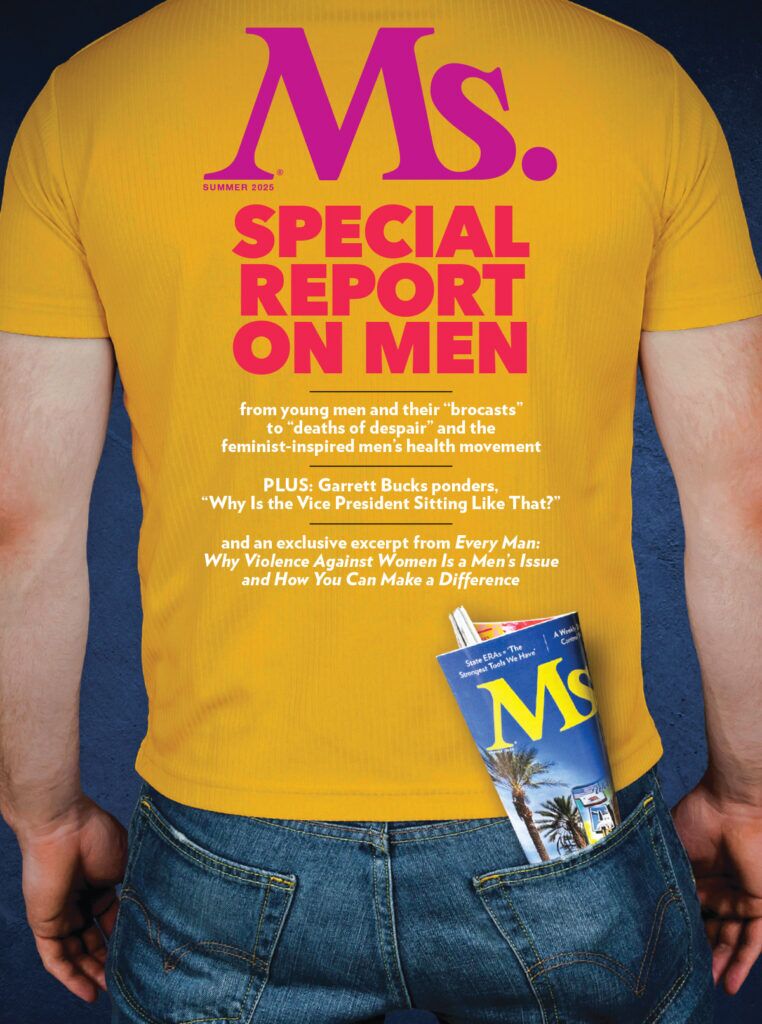Aiming to hit the credit-score ceiling?
Going by the FICO® Score system, 850 is the highest credit score possible. It means lenders see you as a super low-risk borrower with a long track record of paying bills on time, using credit responsibly, and keeping your balance low.
But you don’t need a perfect 850 to get top-tier offers. In fact, any score around 800 or higher is typically enough to get the best credit cards and loan rates.
Here’s what to know about what an 850 credit score does (and doesn’t) get you.
Perks of reaching an 850 credit score
You won’t get a parade for maxing out your credit score, but you will get some solid perks:
- You’ll get higher credit limits: Credit card issuers offer higher limits to borrowers with excellent credit. This increases your available credit, which can help you make big purchases and keep your credit utilization ratio low — an important factor in maintaining your high score.
- You’ll qualify for top offers: You’re also likely to qualify for the lowest interest rates on mortgages, auto loans, and personal loans. Lenders usually give their best offers to anyone with an “excellent” score of 800 or more, but higher never hurts.
- You’ll have more leverage: With excellent credit, lenders want your business. That means you may be able to negotiate better terms like a lower APR or waived fees.
Ready to check out some top-tier card offers? See our picks for the best rewards credit cards available now.
Does an 850 credit score really matter?
Short answer: Not as much as you might think.
While an 850 looks great on paper, there’s usually no practical difference between an 850 and an 820, or even an 800 when it comes to getting approved for things like loans and credit cards. Even hitting the “very good” tier (740+) will generally be enough to qualify for most top offers.
What’s more, your score can fluctuate a bit as your card balances change and you get hard inquiries on your credit report. So don’t obsess over perfection. Focus on the big things, like paying all your bills on time and in full.
How to land a top-tier credit score
You don’t need to hit 850, but some simple financial habits can get you to the very good or excellent range:
- Pay on time every month. This is the biggest factor in your score.
- Keep your balance low. Ideally, use less than 10% of your credit limit.
- Limit new credit applications. Too many hard inquiries can ding your score.
- Keep old accounts open. A longer credit history helps boost your average account age.
- Check your credit reports. Spot and fix errors that could hurt your score.
Looking to raise your credit score? See our credit card beginner’s guide to learn how you can work your way toward that 850.
Great Job newsfeedback@fool.com (Ryan Wilcox) & the Team @ The Motley Fool Source link for sharing this story.



